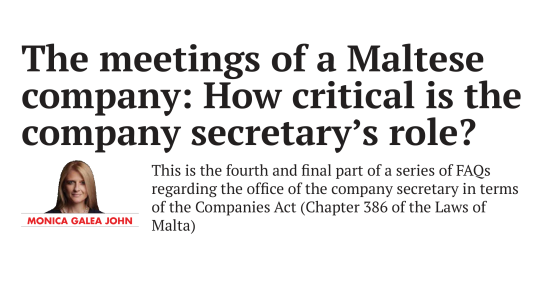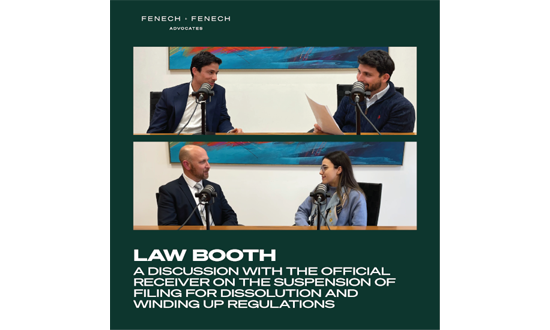Luca Amato, Senior Associate in the Corporate and Commercial Department, writes about the significant development on 5 February 2024, when the European Council and the European Parliament reached a preliminary agreement on a proposal to regulate Environmental, Social, and Governance (ESG) rating activities. This proposed regulation aims to specifically target ESG rating providers, with its primary objective being to enhance investor confidence in sustainable products by establishing comprehensive regulatory oversight for these ESG rating providers.
Environmental, Social, and Governance (ESG) Ratings: European Council and Parliament Provisionally Agree on Draft Regulation
On 5 February 2024 the European Council and the European Parliament reached a preliminary agreement on a proposal to regulate environmental, social, and governance (ESG) rating activities. The proposed regulation will target ESG rating providers and its primary goal is to enhance investor confidence in sustainable products by regulating such ESG rating providers.
ESG ratings evaluate a company or financial instrument’s sustainability profile by analysing its exposure to sustainability risks and its impact on society and the environment (so-called ‘double materiality’). These ratings are increasingly influential in capital markets and play a crucial role in fostering trust among investors in sustainable products.
The proposed regulation aims to improve the reliability and comparability of ESG ratings by promoting transparency and integrity in the operations of ESG rating providers, while also seeking to mitigate potential conflicts of interest.
Under the proposed regulation, ESG rating providers will be authorised and supervised by the European Securities and Markets Authority (ESMA) and they will be obliged to inter alia comply with transparency requirements, particularly regarding the methodology and information sources adopted when setting their ESG ratings.
The European Council and Parliament have also clarified the circumstances under which ESG ratings will fall within the scope of the regulation and have provided further details on the applicable exclusions. The preliminary agreement also elaborates on the territorial scope of the regulation, by defining when a rating provider will be considered to be “operating in the EU”.
The Council and Parliament have also agreed that, where financial market participants or financial advisers disclose ESG ratings in their marketing communications, they will also need to include information about the methodologies used on their website. Agreement on this point was formally implemented via an amendment made to the Sustainable Finance Disclosure Regulation.
The agreement further stipulates that ESG ratings shall cover environmental, social, human rights and governance factors. While separate E, S, and G ratings may be provided, a single rating may also be given, in which case the weighting of the E, S, and G factors must be explicitly stated.
Under the proposed regulation, all ESG rating providers established in the EU must obtain authorization from ESMA, while providers established outside the EU but who wish to operate in the EU must either: (i) obtain endorsement of their ESG ratings from an authorized ESG rating provider established in the EU; (ii) receive recognition based on quantitative criteria; or (iii) be included in the EU registry of ESG rating providers through an equivalence decision that will be issued following dialogue between ESMA and the relevant third-country competent authority.
A lighter, temporary, and optional registration regime for a transitory period of three years is also being proposed for smaller ESG rating providers. Those who opt in will benefit from lower supervisory fees that are proportionate to the extent of ESMA supervision. They must however still comply with general organisational and governance principles, as well as transparency requirements vis-à-vis the public and users. They will also be subject to ESMA’s oversight, with the latter being empowered to request information and conduct investigations and on-site inspections. On termination of this transitory regime, small ESG rating providers will then be obliged to comply with all regulations outlined in the regulation, including full governance and supervisory fees. ESMA will however still be allowed to exempt small ESG rating providers from certain requirements in duly justified cases, based on the nature, scale and complexity of the business of the ESG rating provider and the nature and range of the issuance of ESG ratings.
The proposed regulation will also establish a principle of implied separation of business and activities for ESG rating providers. Under such principle, providers having other service lines will not be required to establish different legal entities to separate their business activities, however there must still be a clear separation between activities and ratings providers will further be obliged to put in place measures to avoid potential conflicts of interests. This exemption will however not apply to providers engaging in consulting, audit, or credit rating activities.
In terms of next steps, the provisional agreement on the draft regulation must now be approved by the European Council and Parliament before going through the formal adoption procedure. It will then start applying 18 months after its entry into force.
















